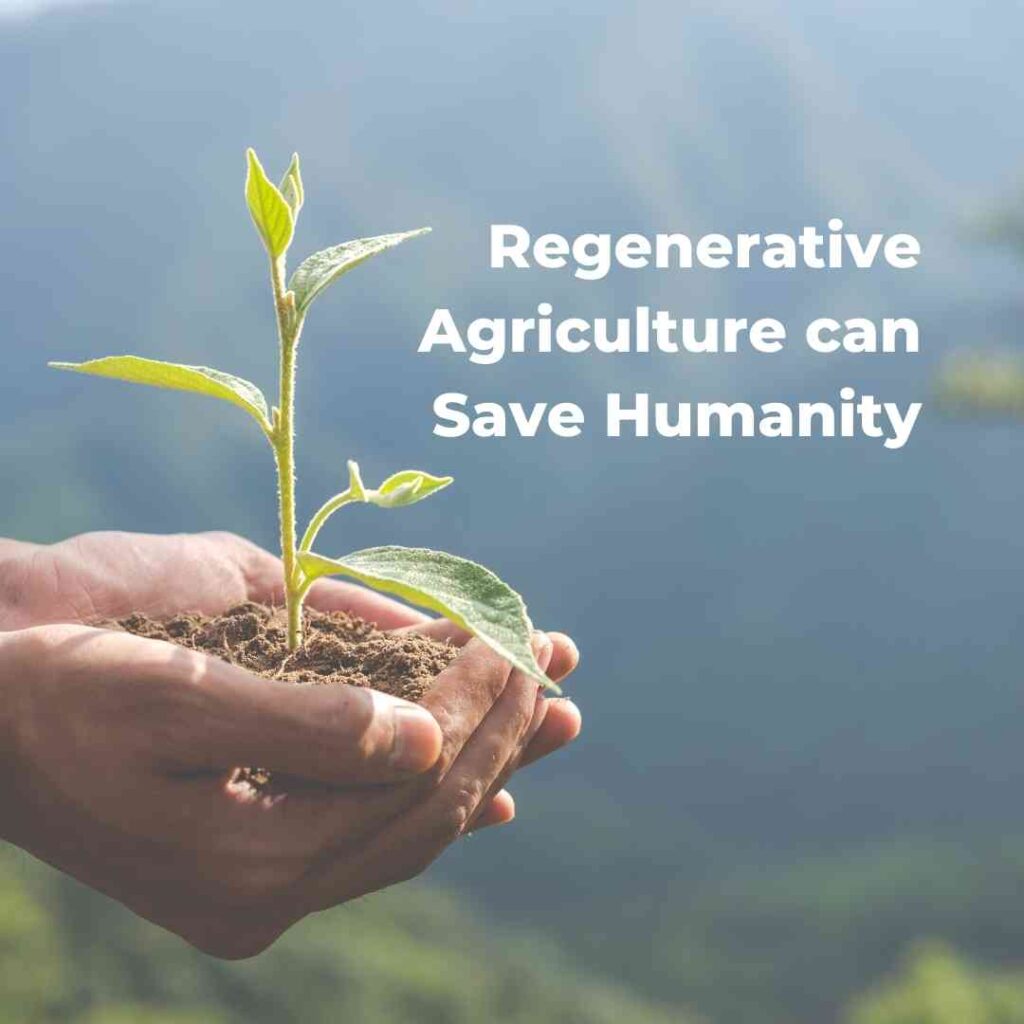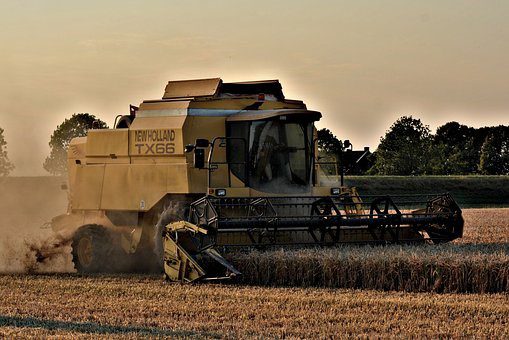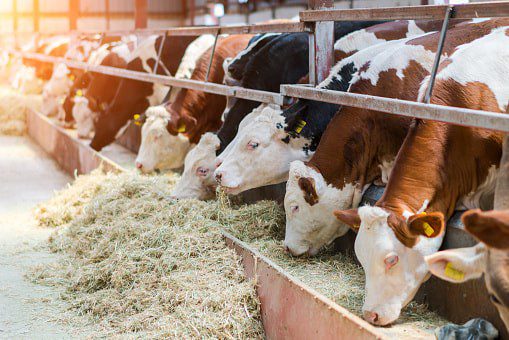
Regenerative Agriculture can Save Humanity
Drought, desertification, water contamination, dead zones, depleted soils, species extinction, malnutrition, food scarcity, bankrupt farmers – these are all symptoms of the degenerative farming system that has been in use to grow most of humanity’s food since World War II.
The current crop and animal farming methods adopted across the globe steadily removes nutrients and life from the soil whilst releasing carbon into the air and killing insects, small animals, endemic and indigenous plants, and marginalising larger animals and indigenous people in their continuous quest for more land to plow up. Agriculture, as it stands today, is the largest polluting industry in the world.

Animal agriculture is a huge problem as not only do feedlots create large dead zones, concentrating waste unnaturally, but the feed for the animals is grown off-site in monocrop fields that are sprayed with pesticides.

Regenerative Agriculture is a method of farming that increases yields whilst building top soil, restoring the water cycle, sequestering carbon dioxide and restoring biodiversity. Regenerative farmers use methods learnt from observing nature and indigenous practices to optimise their farms’ outputs and minimise environmental impact, simultaneously. These methods include: rotational and intensive grazing, diverse cover cropping, restoring natural grasslands for grazing, rotational and diverse crop planting, no-till and constantly adding organic matter to the soil.

The main focus of regenerative agriculture is soil health, including that of soil microorganisms, which provides a solid foundation for the abundant system to build itself upon. The use of closed loop systems means that regenerative farms produce zero waste, and the natural carbon sequestration that occurs makes it one of the best methods we have to fight climate change and global warming. It is possible to increase soil organic matter by 0,5% – 1% annually by using regenerative agriculture. An increase of 0,4% in soil organic matter of all agricultural soils across the world would sequester enough carbon to negate all current carbon dioxide emissions.

Rotational Grazing systems mimic natural herd-grazing to grow abundant fodder for animals. This negates any need for feed lots and mono-crop feed growing, as well as cultivated and sprayed pastures. This means that absolutely no synthetic nitrogen input is required for regenerative livestock farming, a huge win for soil and water health! Water, the most important resource for life on Earth, is contaminated at an alarming rate by nitrate run-off from farms and waste run-off and dumping from feedlots. Regenerating soils causes rainwater to be absorbed better and held for longer, naturally filtering it through the soil and returning clean water to the greater water system. Less surface run-off also means less topsoil loss and the recharging of aquifers.

By Kelly Steenhuisen




